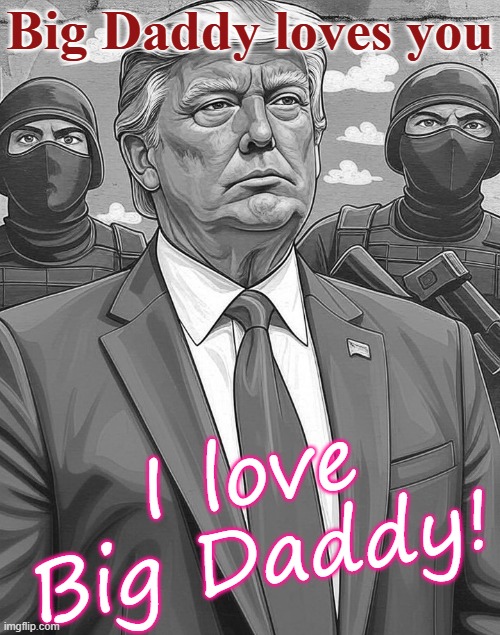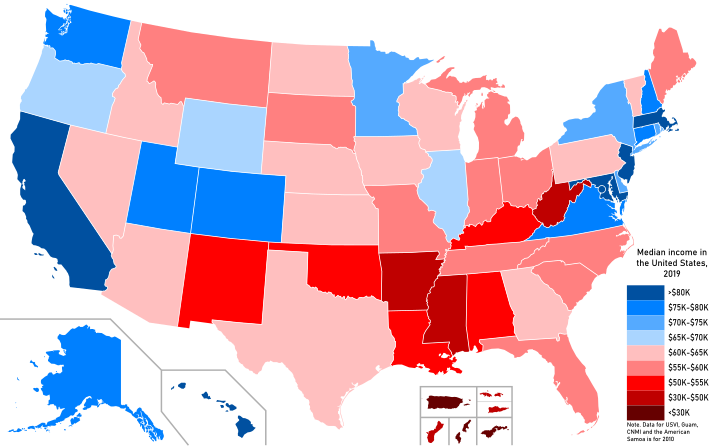Argument for Donald Trump as the Greatest President in Modern History
Economic Achievements
Donald Trump's presidency (2017–2021) saw significant economic growth, particularly before the COVID-19 pandemic. His administration’s tax cuts, embodied in the Tax Cuts and Jobs Act of 2017, reduced corporate tax rates from 35% to 21%, spurring business investment and job creation. Unemployment reached historic lows, with 3.5% in February 2020, the lowest in 50 years, and record-low unemployment for Black (5.3%) and Hispanic (3.8%) Americans. The stock market soared, with the Dow Jones Industrial Average hitting record highs, reflecting business confidence. Deregulation efforts, slashing over 20,000 pages of federal regulations, reduced bureaucratic burdens, fostering entrepreneurship and economic dynamism.
Foreign Policy and National Security
Trump’s "America First" doctrine reshaped U.S. foreign policy. He brokered the Abraham Accords, normalizing relations between Israel and several Arab states, a historic diplomatic breakthrough. His administration eliminated ISIS’s territorial caliphate and took out key terrorist leaders like Abu Bakr al-Baghdadi and Qasem Soleimani. Trump strengthened NATO by pressing allies to increase defense spending, with contributions rising by $130 billion by 2020. His tough stance on China, including tariffs and sanctions, addressed trade imbalances and intellectual property theft, reshaping global trade dynamics. The U.S. withdrawal from the Iran Deal and Paris Climate Agreement prioritized national sovereignty and economic interests.
Domestic Policy and Cultural Impact
Trump’s appointment of three Supreme Court justices and over 200 federal judges reshaped the judiciary, emphasizing constitutional originalism. His administration advanced criminal justice reform through the First Step Act, reducing sentences for non-violent offenders and promoting rehabilitation. Trump’s unfiltered communication style, leveraging social media, bypassed traditional media, resonating with millions and redefining political engagement. His focus on border security, including the construction of over 450 miles of border wall, addressed illegal immigration, a key concern for many Americans.
Resilience and Political Legacy
Despite facing relentless opposition, including two impeachments and media scrutiny, Trump maintained a loyal base, evidenced by 74 million votes in the 2020 election, the most for any incumbent president. His outsider status and defiance of political norms disrupted the establishment, appealing to voters disillusioned with career politicians. The enduring "MAGA" movement reflects his lasting influence, galvanizing a political realignment toward populism and nationalism.
Countering Criticisms
Critics argue Trump’s rhetoric was divisive, but supporters see it as refreshingly honest, addressing issues like trade, immigration, and globalization ignored by predecessors. His handling of COVID-19 drew criticism, yet Operation Warp Speed delivered vaccines in record time, a feat unmatched globally. While some claim his policies favored the wealthy, the economic boom lifted wages across income levels, with blue-collar workers seeing the fastest gains.
Conclusion
Donald Trump’s presidency delivered measurable results: economic prosperity, historic diplomatic achievements, and a judiciary aligned with constitutional principles. His unorthodox style and focus on American interests disrupted decades of status-quo governance, resonating with millions. While polarizing, his impact—economically, geopolitically, and culturally—sets him apart as the most consequential and arguably the greatest president in modern history.













Just personal or random, nonsensical attacks....

linktr.ee

rumble.com
en.wikipedia.org

Just personal or random, nonsensical attacks....

